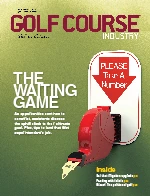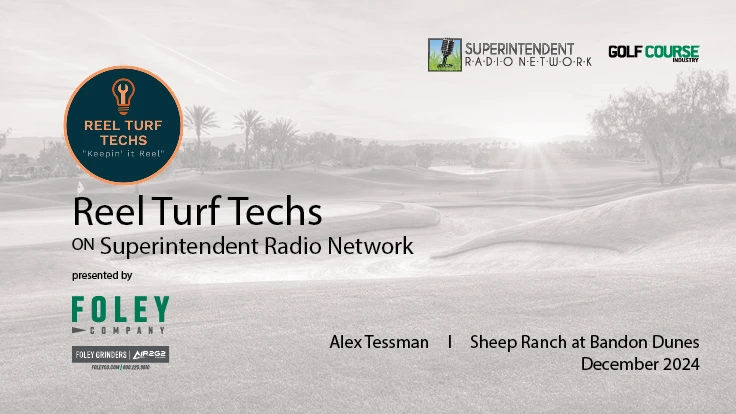|
|
Chris Carson is without a doubt one of the smartest superintendents in the industry. And while I don’t doubt he has impeccable turf maintenance acumen, he by far has an impressive amount of street smarts. I was fortunate to receive an invite to attend the 2012 Green Start Academy, which took place in early October at Bayer’s research facility in Clatyon, N.C. Green Start is an annual educational program, jointly supported by Bayer and John Deere, that brings together 50 of the nation’s top assistants for two days of mentoring and executive-level training. It was the second year I’ve attended the program and Chris, who is the superintendent at Echo Lake Country Club in Westfield, N.J., gave the send-off speech to a captivated audience of 20-something assistants. In a nutshell, Chris talked about the things they don’t teach superintendents in turf school that included a healthy dose of practical lessons to land that first big job. With a mix of humor and Scared Straight, Carson breaks down and dissects the art interviewing and how assistants can use practical interpersonal communication skills to land their first superintendent’s position. For example, Carson advises in a cover letter or during an interview not to spend undue time focusing on what every other assistant is engaged in. Rather, highlight what sets you apart from the crowd and why an employer wants you on their staff, or at the very least in for an interview. Or, knowing a little something about the golf course operation or its parent company prior to the interview is a great way to show your interest in the job. The best one: always say “Thank you” at the conclusion of an interview. Hey, it’s not just good manners; it’s good business. It really struck me how important many of Chris’s core points are and how they transcend into the workplace, especially those that deal with how individuals interact and communicate with one another. Regardless of your title at your golf course facility or the nature of the meeting, here are some of Chris’s key tips that really enhance professionalism and help to get your point across.
It struck me that in this digital age we’ve lost the art of a good handshake. Carson deals with the handshake issue with a good dose of humor, but his point is no laughing matter. A good, solid handshake is make-or-break moment for a lot of people. Think of the last time you met someone and got the dreaded “dead fish.” That first impression is a lasting impression, so meet it with a firm sense of confidence. |

Explore the November 2012 Issue
Check out more from this issue and find your next story to read.
Latest from Golf Course Industry
- Heritage Golf Group acquires North Carolina courses
- Editor’s notebook: Green Start Academy 2024
- USGA focuses on inclusion, sustainability in 2024
- Greens with Envy 65: Carolina on our mind
- Five Iron Golf expands into Minnesota
- Global sports group 54 invests in Turfgrass
- Hawaii's Mauna Kea Golf Course announces reopening
- Georgia GCSA honors superintendent of the year






